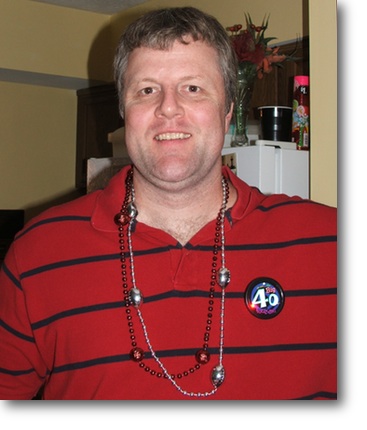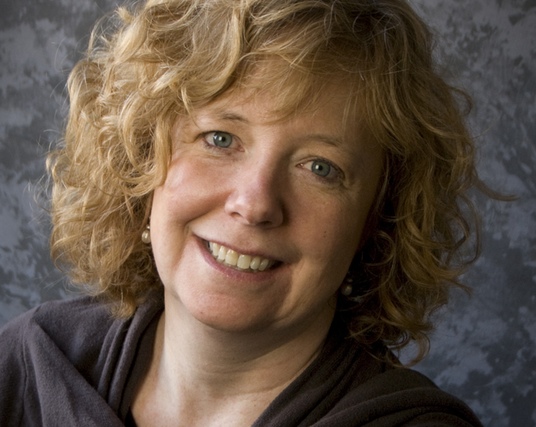An awakening will be taking place this year on March 20 but it has nothing to do with being the first day of spring.
Instead, the date marks the first time roughly 400,000 people born in Ohio and adopted between 1964 and 1996 can request a copy of their original birth certificate. One local agency that spearheaded to right the wrong of a 1963 law was Adoption Network Cleveland, a non-profit organization that provides support, education and advocacy for adoptees, birthparents, adoptive parents, prospective adoptive parents, foster youth and parents.
CoolCleveland talked to Adoption Network Cleveland Executive Director Betsie Norris, who was adopted in 1960, about her crusade. You quickly find out, her journey is straight out of a Greek tragedy. In fact, her story was turned into a short documentary that can be seen here: An Adoptee ROARed in Ohio – The Betsie Norris Story by Jean Strauss.
CoolCleveland: Let’s start out by talking about why the adoption records were sealed in 1964.
That’s a loaded question. Ironically, my adoptive father was involved in that effort back in the ‘60s. When he adopted my older brother who was born in the late ‘50s, my father was a young attorney. They told him the records were sealed and being a curious attorney he asked for my brother’s records and lo and behold they were open to the public. They handed him both the original birth certificate and the amended birth certificate. So as a new adoptive parent, he was alarmed. He could have been a birth parent, a reporter, anybody getting that family’s private information. So he started a movement to close the records from the public, which was not his intent necessarily but ended up closing the records from the adoptees themselves.
That’s incredible. Is there a sense of guilt or righting this wrong regarding your father that fueled your desire to get the records opened up?
You know, interestingly, I made this my kind of mission before I ever knew what that piece of history was. I didn’t know for the first two or three years that I was working on creating access that my father had even been involved in limiting that access. It was kind of like a Greek tragedy, where the child had unknowingly tried to undo the sins of the parent. So it was freaky. It was really weird.
When did your father realize his role in this story?
I don’t think that he realized that the bill he had initiated was the one that actually shut out the adoptees. Because he wasn’t trying to go that far with it but legislation often takes on a life of its own and as a young adoptive parent he wasn’t thinking about the needs of adult adoptees so much, he was thinking about the privacy of the adoptive family when the kids were young. So he didn’t realize it was him until he was already supportive at my efforts and at some point it was eating away at him and he went back and looked at his files to see if in fact it was him and it was.
So after all of these years, why is the law changing now?
Because adult adoptees want more information about themselves and their backgrounds. It made no sense that Ohio had up to this point had three tiers or time periods depending on when an adoptee was born. I was born in 1960 and I was able to get my original birth certificate upon request from the state. Our first bills were in the early ‘90s, and we got one passed in 1996 and that allowed adoptees after that date to get their birth records, and those adoptees are now coming of age. There was this 32-year period from 64 to 96, so those people are roughly 18 to 50 years old where their records were sealed from them.
What kind of effort was needed to get the most recent bill that opened up the adoption records?
Change is hard. We worked on similar bills since the late ‘80s and it took us 24 years to have a bill that was successful. I think a lot has changed. In the past, Ohio Right To Life was against our bill. This past year, they came on board to support it. A lot of people had fears about what would happen if adoptees could get their records. The birth parents have always been on board but a lot of people misconstrued and thought the birth parents would be against access to records. This time around, we were just able to educate people.
So in your opinion, how big is March 20 for adoptees?
For the adoptees it affects, it’s huge. There are 400,000 adoptees this will affect and for many of them they feel like it’s one of the biggest things in their lives.
Finally, what’s your message to those adoptees?
I think the majority of the adoptees are excited they have this choice. I don’t think every adoptee will apply for the record on day one, but we heard from hundreds of people that will. So I want them to know there’s also support available and it’s not a road they have to go alone. So somebody that applies for their record, it’s opening up a whole new chapter in their lives and we’re here to support them with that.
For more information, visit http://bit.ly/ohadopteelaw.
 Freelance writer John Benson spends most of his time writing for various papers throughout Northeast Ohio.
Freelance writer John Benson spends most of his time writing for various papers throughout Northeast Ohio.
